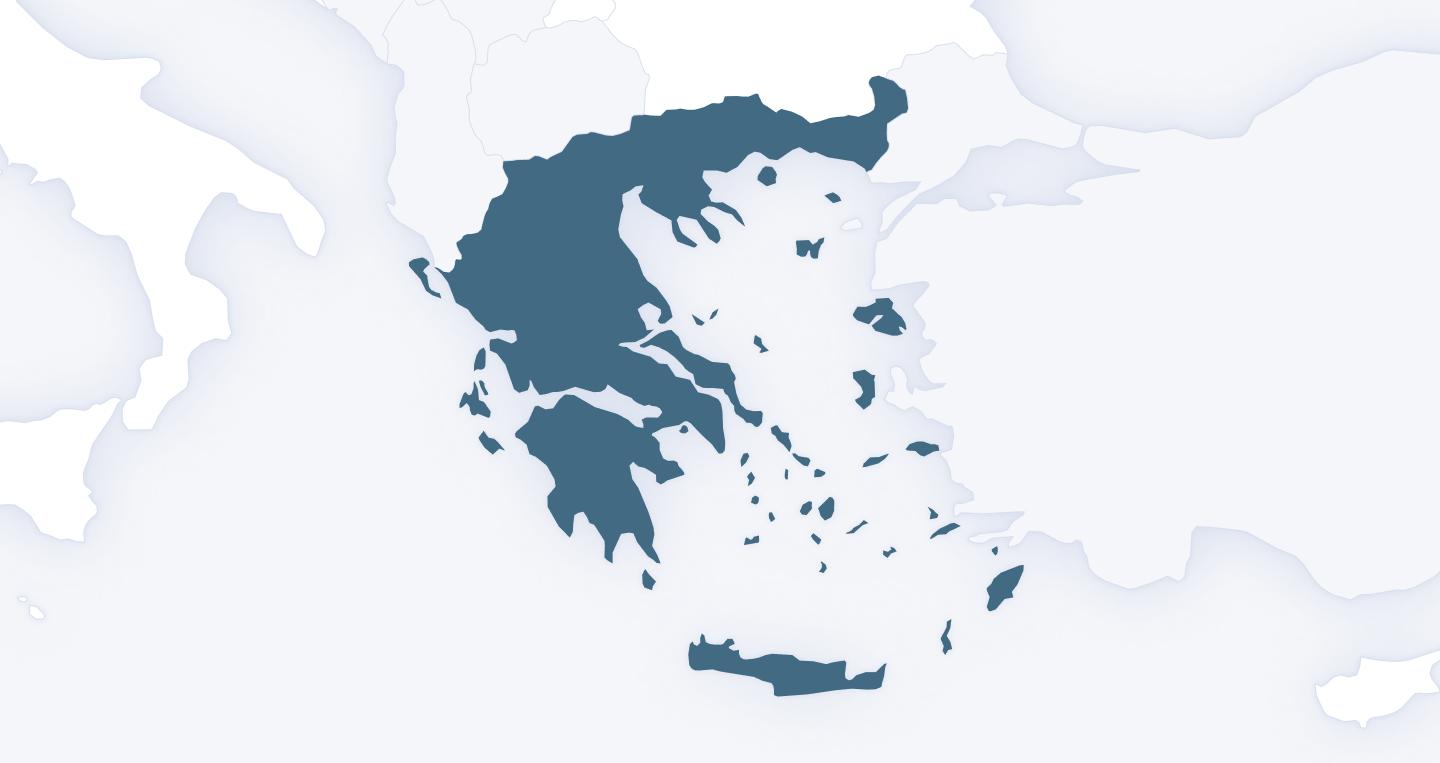In summary
In Greece there is a statutory minimum wage of 4.84€ per hour, which makes a minimum wage of 968.3€ per month (6% in real growth terms comparing to the previous year). The MW is set by the government, after consultation with employers' organisations, trade unions and scientific experts. There is no criteria guiding the adjustments of MW. There are no variations from statutory Minimum Wage. The gender pay gap is 10.4%, while the in-work poverty rate is 9.9%. Finally, wage inequality (calculated as Interdecile ratio P90/P10) is 3.3.
Minimum Wage in Greece
Statutory Minimum Wage ?
Yes
Hourly Minimum Wage
5.60€
Monthly Min. Wage
968.30€
MW as % Gross Median Wage
50.00%
MW as % Gross Average Wage
40.00%
Nominal Growth rate of Wages
6.40%
Real Growth rate of wages
3.30%
Real Growth rate of wages
3.30%
% of workers covered by minimum wage
9.00%
Automatic indexation of adjustments
no
MW setting procedure
Government, after consultation with employers' organisations,
trade unions and scientific experts
Criteria guiding adjustment of MW
No mandatory criteria (consideration of basic economic data such as growth, prices, average monthly wage, purchasing power etc.). When the minimum wage was defined through collective bargaining, there were no criteria on its determination (Law 1876/1990)
Variations from statutory Minimum Wage
no
Presence of variations from statutory minimum wages
no
Consultative body on statutory Minimum Wage and social partner involvement
The government decision on the MW is based on an extensive tripartite consultation process involving the Committee of Experts, the Oral Consultation Committee and the Center of Planning and Economic Resarch.
Gender Pay Gap
13.60%
In-work poverty rate
9.00%
Wage inequality (inter-decile Ratio P90/P10)
3.30

